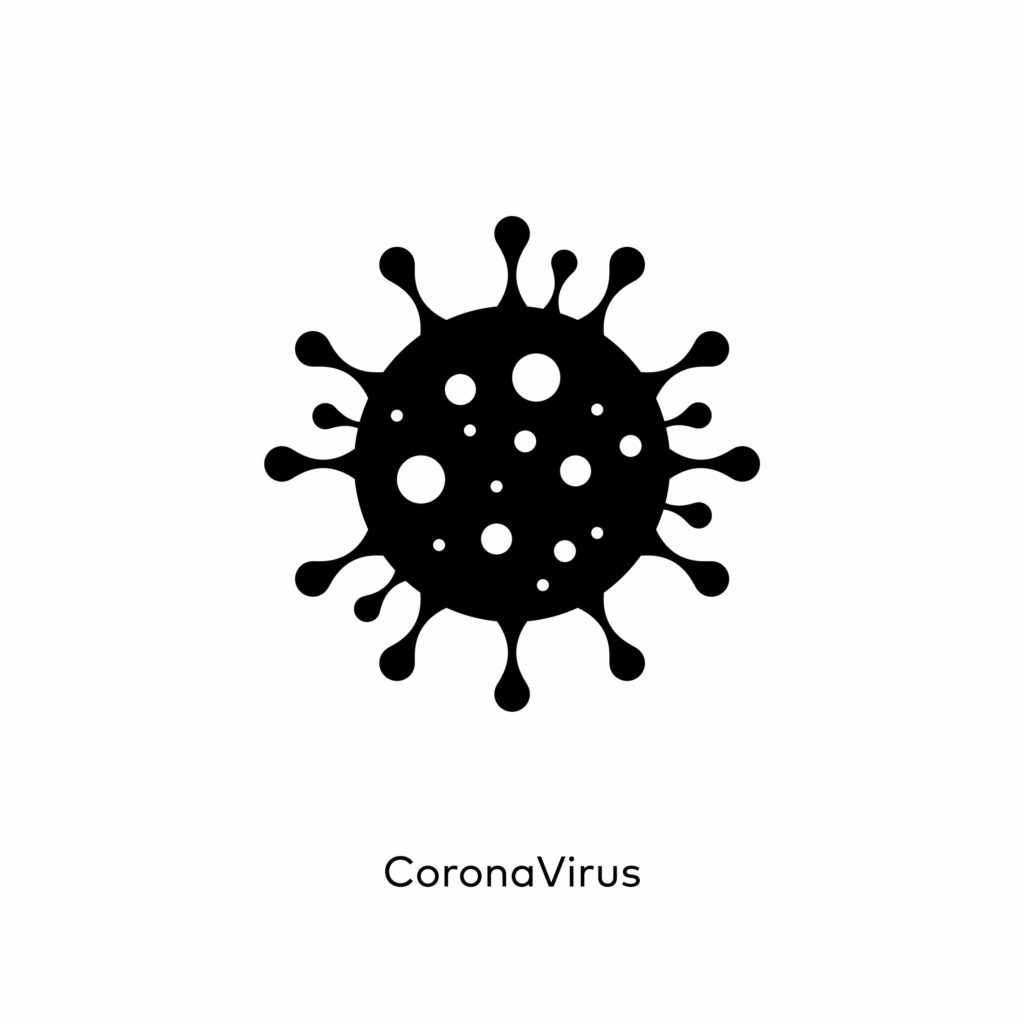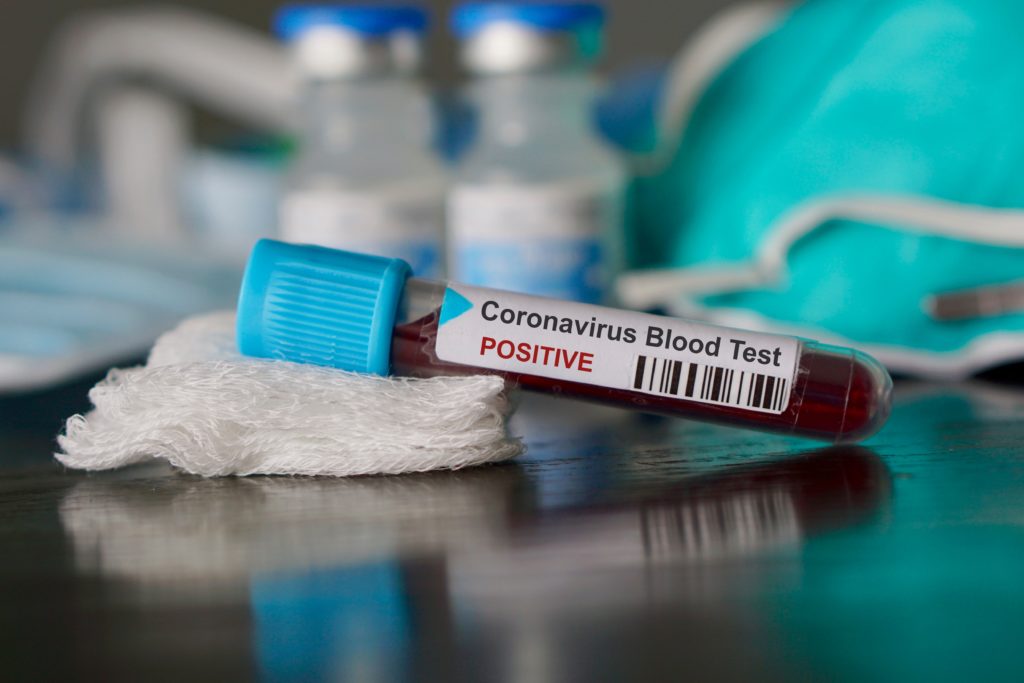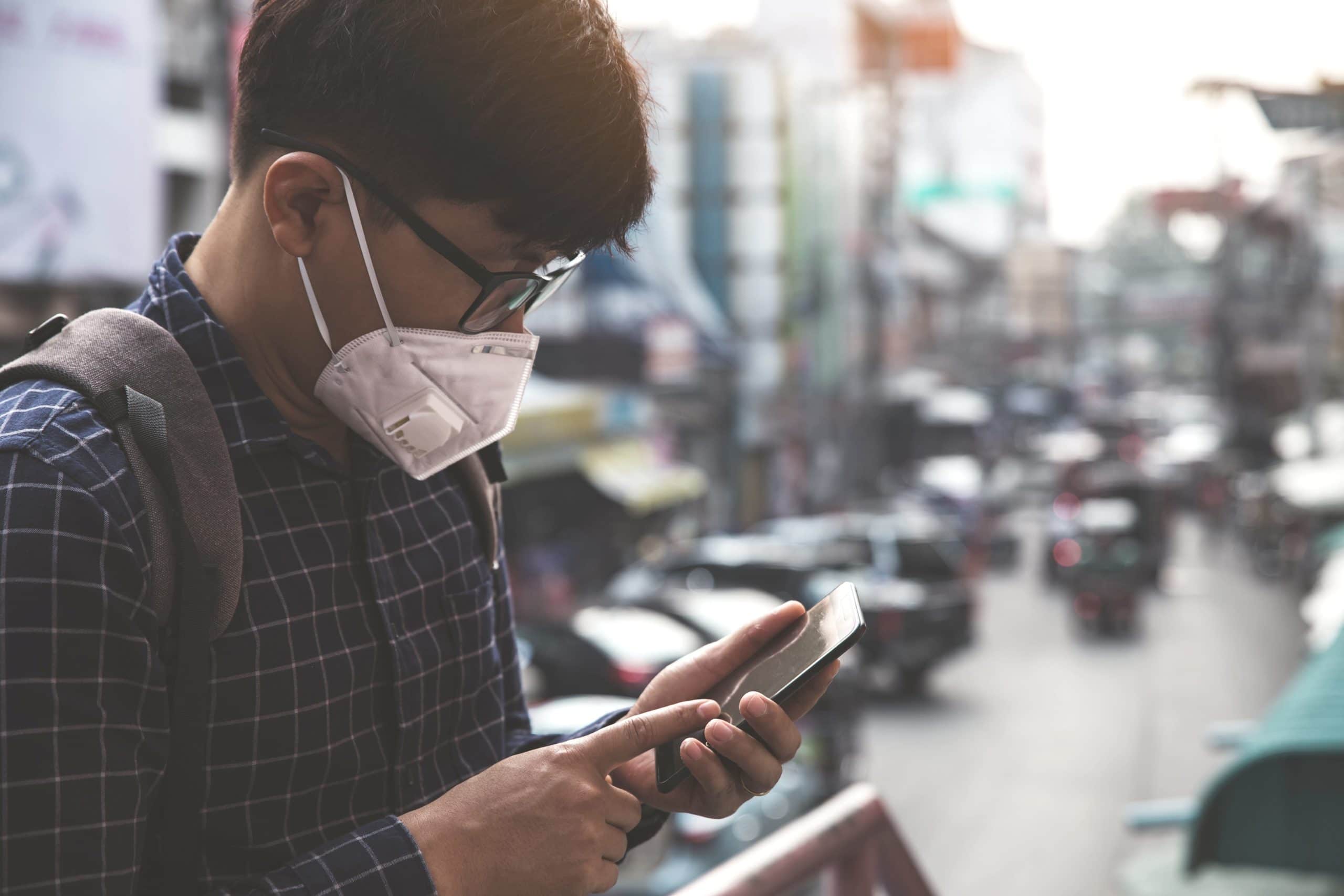You might think that with so many locales issuing stay-at-home orders during the coronavirus outbreak, motor vehicle crashes have become a thing of the past. But you can still be involved in a car accident during the pandemic, especially as some areas are cautiously returning to limited work. Here are some important tips from Quirk Reed, LLP, top personal injury attorneys in the Oakland, California, area.
How Can I Get in a Car Accident During the Pandemic?
It seems like driving these days is a breeze, with so much less traffic now that many people are staying home to avoid getting sick or infecting others with the novel coronavirus. However, even with fewer vehicles on the road, it’s possible to get into an accident due to various reasons, such as:
- People speeding, avoiding traffic signals, and engaging in dangerous driving because the streets are emptier or because they are normally reckless drivers
- People driving under the influence of alcohol, recreational drugs, or prescription drugs
- Distractions related to the pandemic, like mask-wearing
- Regular driving concentration intrusions, such as kids, pets, the car radio, or mobile phone notifications
- Trucks carrying unsafe loads
- Weather and deteriorated road conditions
- Reduced visibility early in the morning and later in the day
- Pedestrians in the roadway, like bicyclists, joggers, or kids playing
As you can see from the list above, you may actually need to practice more defensive driving during the pandemic, not less, as some people see reduced traffic as an opportunity to practice risky driving behavior. With kids out of school and people trying alternative ways to exercise without going to the health club, there may be more pedestrians on the street too.
As the third-largest city in the Bay Area, Oakland is home to nearly half a million people. Every year there are car accident-related fatalities on the city’s streets. In our particular location, speeding, making unsafe turns, and driving under the influence were the top three causes for accidents, but texting while driving, which is against the law, has been moving up the list.

What’s the First Thing I Should Do If I’m in an Accident?
Stay at the Scene and Assess Safety, Injuries, and Damages
If you are in an accident, understand that there are still actions you must take, regardless of the pandemic. The coronavirus pandemic is not an excuse to leave the scene or to do things you wouldn’t do under normal circumstances. Stay at the scene of the accident until the situation is resolved for you, the other parties, and any law enforcement or first responders who may need to be called.
First, make sure you and everyone in your vehicle are okay. If someone is injured, follow the steps in the section below entitled “What If Someone Is Injured?” Also, if you see obvious signs of injury in the other vehicle(s), follow those same steps.
Next, assuming there are no injuries, evaluate the damage to your vehicle. If you can safely move your vehicle to a secure location at the side of the road, around the corner, or in a nearby parking lot, do so. Any other parties involved should do so as well. You can use hand signals to let them know that you wish to get out of the flow of traffic, so they don’t think you’re fleeing the scene.
If you cannot move your vehicle because it is not drivable or the road is obstructed, put on your flashing hazard lights and put objects like flares or orange cones on the road to alert other drivers and first responders. Note: if it is not safe to exit your vehicle due to speeding traffic alongside the accident or hazardous materials at the accident site, remain inside the vehicle and dial 911.
Exchange Information Safely with Other Parties
Once you deal with scene safety, any injuries, and moving your vehicle to a secure spot, you should exchange information with any other parties involved in the accident. Usually, that’s only one other car, but occasionally, accidents involve multiple vehicles and property, such as fences and mailboxes.
This is where the coronavirus pandemic makes things a little different than normal, but you can still exchange information safely if you follow these guidelines for social distancing (AKA physical distancing) after an accident:
- Document the scene of the accident by taking photos or videos with your mobile phone. Record any damage to your vehicle and other vehicles, as well as any property damage. Be sure to photograph or write down the license plate numbers (AKA tags) for any other parties involved. If there were other circumstances you wish to record, such as road conditions, weather, obstructions, and the like, document those too.
- If it looks like the other party is leaving the scene, which sadly happens sometimes, the most important thing to record is their license plate number. If you cannot get a clear photo of it, grab a pen and write it down quickly before you forget it. Try to get the make, model, and color of their vehicle as well.
- Exchange important information while maintaining at least six feet of distance between you and the other parties. If you normally wear a mask, or if you are required to do so in your location, keep your mask on as you usually would.
- Instead of handing each other documents, get the other party’s mobile phone numbers and text them information. You should all have each other’s names, driver’s license numbers, and license plate numbers. You may also wish to exchange insurance information. Conduct a test text to ensure you each have the correct phone numbers for the other party.
- If the other party refuses to provide the required information, if they threaten you, or if you feel it is in any other way unsafe to deal with them, return to your vehicle and dial 911 for assistance. You can also return to your vehicle and await first responders if the other party is not respecting proper social distancing rules.
- Contact your insurance carrier to file any necessary claims. Don’t give them more information than they need; just the basics should suffice.
- Think about retaining legal representation if you feel you need it (see below).
What If Someone Is Injured?
Call 911 for Help
If you discover someone in your vehicle or another vehicle is injured, it’s best to dial 911 and ask for an ambulance to come to the scene of the accident. Speak clearly to the 911 operator, giving your full name and the number of the mobile device you are calling from.
Tell the operator you need ambulance assistance for a motor vehicle accident and give them your location. If you’re not sure where you are, look for landmarks around you like a nearby store or shopping plaza. Don’t be surprised if police and fire also arrive with the ambulance to provide assistance. Police officers can help clear the scene and deal with accident documentation for you, while firefighters can assist if you are stuck in the vehicle or if there are hazards that need to be cleared, such as spilled gasoline.
Everyone is trying to avoid going to the ER lately because they don’t want to risk exposure to COVID-19 and also because they know healthcare professionals are stretched thin in many places with the pandemic. However, if you are injured, you need to have your injuries assessed and treated.
You may need documentation of your injuries if you seek damages later. And you may not recognize how seriously hurt you are because of shock or lack of medical knowledge. The first responders on an ambulance have the skills to determine if you should seek medical help at a nearby hospital or if you can be treated at the scene and sent home.

Signs You or Someone Else Needs Medical Assistance
What are some signs you or another party needs immediate emergency medical care?
- Signs of shock, such as feeling cold and clammy, rapid heartbeat, or rapid breathing
- Known head injury, including eye injury, or signs of concussion, including sleepiness, confusion, vomiting, headache, blurred vision, lethargy, seizure, etc.
- Neck or spinal injury, including severe pain, inability to move limbs, loss of sensation, or pins and needles
- Broken bones
- Excessive bleeding, bleeding from a head injury or bleeding that cannot be stopped
- Burns or smoke inhalation
- Difficulty breathing, pain with breathing, or blue lips
- Children who cannot speak yet to tell you they are hurt, especially if they seem not normal all of a sudden
- Pregnancy at the time of the accident
- Internal pain in the chest or abdomen
- Medical conditions, like heart problems, triggered by the accident
- Serious wounds, like puncture, impalement, or amputation
- Ejection from the vehicle (landing outside the vehicle after the accident)
- Damage to the vehicle that could indicate serious internal injuries, such as crushed doors, broken windshield, or deployment of airbags
When in doubt, it’s better to be safe than sorry. Understand that the first responder will arrive as soon as possible but that they may be overloaded with other COVID-19 emergencies.
If someone from another vehicle is injured and you are not, use your judgment about whether or not you wish to give aid as a good samaritan. During the coronavirus pandemic, even doctors and nurses are being more cautious about administering help and performing things like chest compressions in the event of a heart attack. It’s perfectly okay if you call an ambulance and wait for them to come to help the victim, as they will have the proper personal protective equipment (PPE) to stay safe.
What Should I Tell My Teen Driver About Car Accidents Now?
Most kids are not in school due to the pandemic, and in some areas, the school may not resume for quite some time. Therefore, teen drivers think this is the opportune moment to practice driving. You may feel bad for your teenager being cooped up at home and allow them to drive somewhere safe, or they may be helping you with errands like grocery shopping during the outbreak. They may be working in an essential job as well.
It is important that if your teen driver is operating the vehicle alone, they understand all the points discussed above. The pandemic is not an opportunity to let drivers who do not yet have their license go for solo drives, nor is it a time for a teen driver to push the limits of their driving expertise on less-crowded roads.
You should review all the material above with your teen driver before they head out on their own in the car, for whatever reason. Print off a copy of this blog post and keep it in the glove box. If your teen is in a car accident during the pandemic, they are likely to be flustered, even if they are not at fault. Having the steps of what to do written down will keep them on track and help them get through the event safely and calmly.
When Should I Contact a Car Accident Lawyer?
After the accident, you may wish to seek legal representation for any number of legitimate reasons:
- If you were at fault in the accident
- If you were partially at fault in the accident
- If another party was at fault in the accident
- If injuries from the accident persist afterward
- If there was loss of life or permanent disability following the accident
- If you are not able to work or attend school following an accident
- If you were a passenger while someone else was driving
- If you were involved in an Uber, Lyft, rideshare, or taxi accident
- If you were in a truck or motorcycle accident
- If you were a pedestrian or bicyclist involved in a motor vehicle accident
At Quirk Reed, LLP, we have a team of experienced legal professionals who specialize in many types of vehicle accidents. The key is to contact us right away rather than waiting. In the state of California, there is a statute of limitations for filing personal injury claims. You do not want to miss out if you are eligible for compensation for medical expenses, suffering, and other types of damages.
Even if you’re not sure if you are owed damages or if you have a case, contact us anyhow. We can evaluate your situation with a free consultation, and we may uncover issues you hadn’t thought of that could help get you the restitution you deserve. Give us a call at 888-858-1925, or use our easy online form to tell us about your car accident. Reach out to Quirk Reed today and let us help you.

